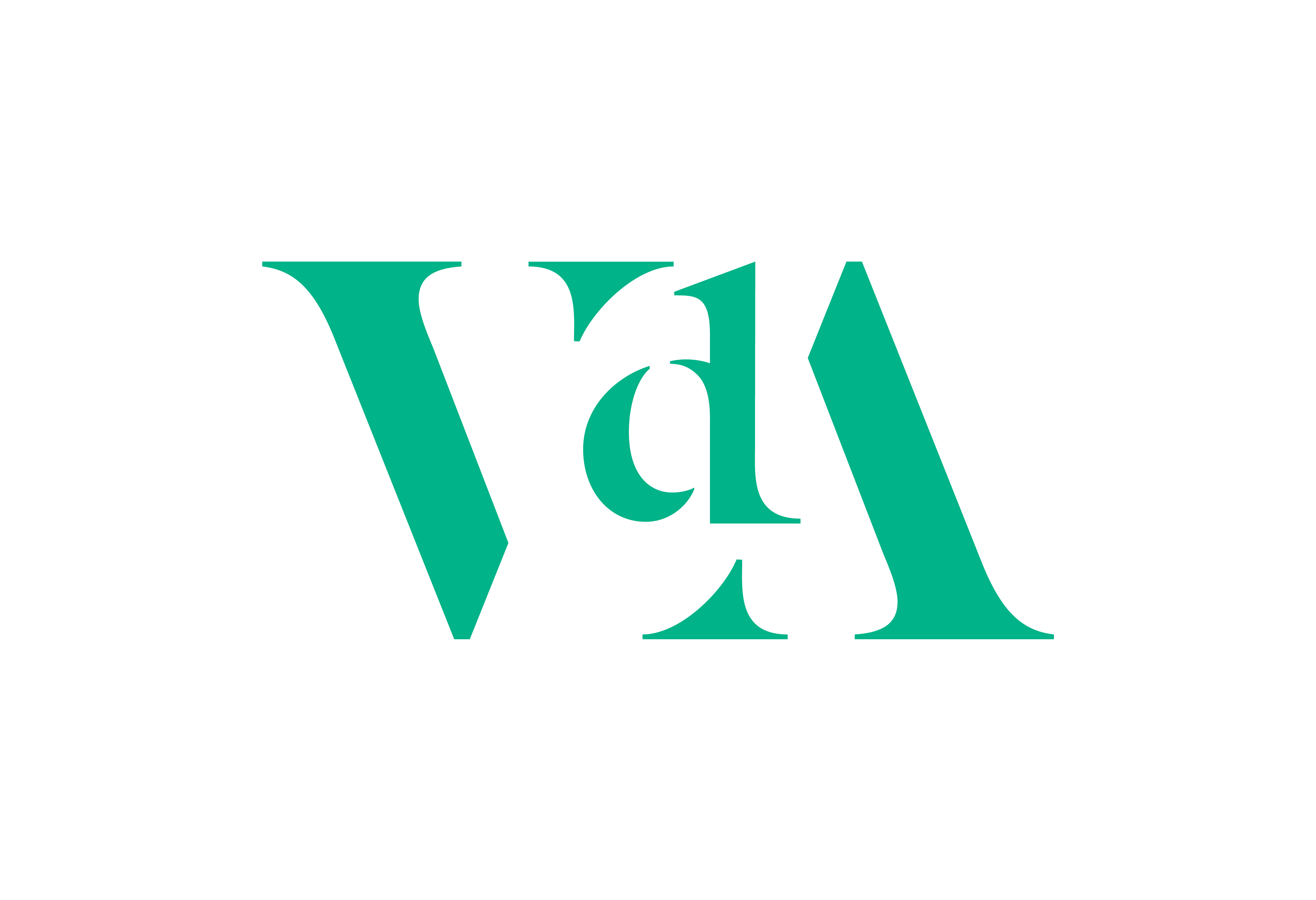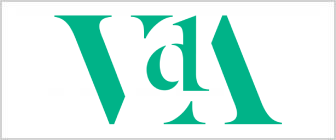Angola recently published Executive Decree 275/17 on Bunkering and Marine Lubricant Supply (Regulation).
The statute appearing on the Official Gazette of 4 May 2017
- Sets out the principles and rules for bunkering and marine lubricant supply by tankers, tank trucks and pipelines to ships at berth or at anchor, to natural resources research platforms and equipment in inland or territorial waters in the contiguous zone or exclusive economic zone of the Republic of Angola.
- Seeks to lay down a legal bunkering framework that is stable and effective, to enable compliance with environmental and safety standards and internationally accepted practice.
- Establishes that bunkering operations can only be made by Angolan suppliers.
Licensing
- Bunkering is subject to licensing, which requires suppliers, tankers and tank trucks to hold a valid license.
Documentation
- The bunkering officer needs to submit the documents specified in Article 9 before bunkering operations carried out by tankers, tank trucks or pipelines, according to the requirements in the Regulation.
- Once bunkering is complete, the bunkering officer is tasked with preparing the product delivery note pursuant to the Regulation and the MARPOL 73/78 Convention.
Bunkering
- The bunkering officer and the chief engineer are responsible for the entire bunkering operation and the sampling process.
Liability for damages or spill
- Supplier is liable for any damages resulting from bunkering and any spills into the ground, seas and rivers, while being under an obligation to contain and to minimize damages.
- The parties involved in the bunkering operation are responsible for minimizing the impact on the environment, loss of lives and goods.
Safety plan, emergencies and health risk prevention
- The bunkering officer and the chief engineer must ensure that the operation is safely carried out, and this includes checking the fire fighting equipment, conducting emergency drills and training employees to use the equipment.
- The statute establishes rules for safety at work. As for emergencies, the statute requires anyone who witnesses an emergency situation or safety breach to warn the parties involved in the bunkering operation immediately.
- Rules for prevention of exposure to health risks must be observed at all times to ensure the safety of staff involved in bunker products loading and transshipment.
Marine environment protection
- The Regulation seeks to prevent spills at sea by requiring permanent availability of spill contention equipment on board both the bunker vessel and the receiving vessel, and the installation of scuppers and drains before bunkering.
- In the event of a spill, shipmasters must take proper measures to stop, contain and clean the spill according to applicable legislation.
Supervision, infractions and fines
- Compliance will be supervised by the Ministry of Petroleum.
- Breaches of the Regulation are punished with fines of up to 13.200.000 AOA, 26.400.000 AOA or 79.200.000 AOA, based on the provision breached.
- The license could be withdrawn.
- In addition to the fines, offenders could also incur civil and criminal liability.



